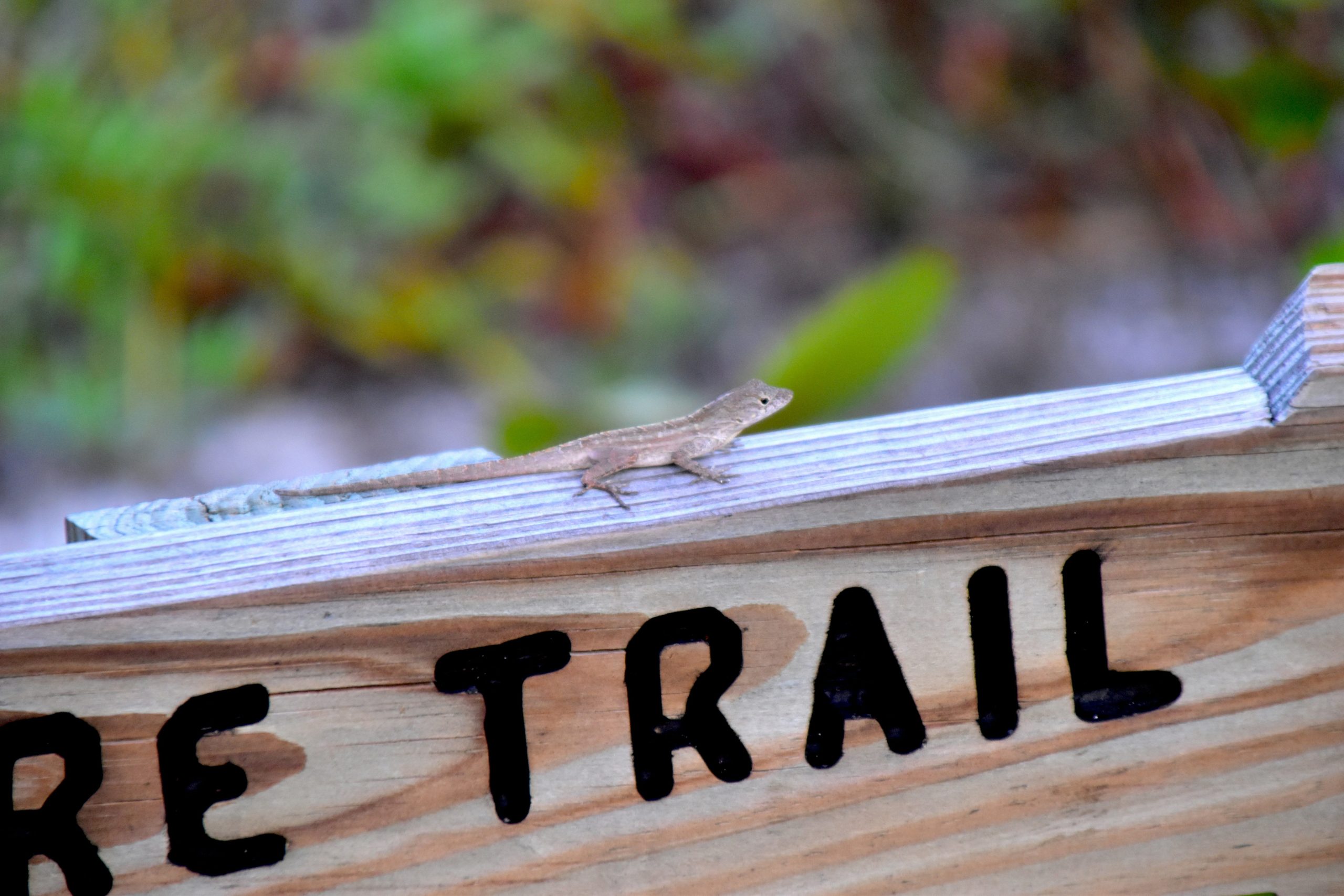Ever stared at a mountain of tabs on your browser, desperately trying to piece together research for hours on end? You’re not alone. In fact, the average person spends 6.3 hours per week just searching for information online—time that could be better spent improving productivity or even relaxing. If only there were apps designed to streamline research while enhancing wellness… oh wait, there are!
In this post, we’re diving deep into Paper Trail Tips, exploring how research apps can elevate both your efficiency and mental clarity. By the end of this guide, you’ll have actionable strategies, examples, and answers to burning FAQs—all tailored to help you stay organized without burning out. Ready to transform chaos into order? Let’s roll.
Table of Contents
Key Takeaways
- Research apps reduce digital clutter, allowing more time for mindfulness and self-care.
- A structured “paper trail” saves hours and improves focus by eliminating unnecessary searches.
- There’s no one-size-fits-all solution—but we’ll show you which apps work best for different needs.
Why Research Apps Matter for Your Paper Trail

Picturing life before smartphones feels like imagining dinosaurs walking alongside humans—it’s bizarre. Today, our ability to manage massive amounts of information hinges on technology. But here’s the catch: not all tools are created equal. I once downloaded an app promising “ultimate note-taking capabilities,” only to realize it was as useful as duct-taping my phone to my forehead during meetings. Spoiler alert: disaster ensued.
The right research app isn’t just about storing info—it’s your ally in navigating overwhelming data dumps. Tools like Notion, Evernote, or Zotero offer customizable templates so you can categorize every nugget of wisdom. These apps also sync across devices, ensuring you never lose track of that brilliant idea jotted down mid-spin class.
“Having everything digitized and searchable is chef’s kiss for drowning algorithms of confusion.”
Step-by-Step Guide to Building a Solid Paper Trail

If you’ve ever felt overwhelmed sifting through files labeled “FINAL(3).docx,” you need a game plan. Here’s how to get started:
1. Choose the Right App
Optimist You: “There’s an app for everything!”
Grumpy You: “Yeah, but half of them will steal your soul (and storage space).”
- For Note-Taking: Try Notion or OneNote.
- For Citations: Zotero or Mendeley are lifesavers.
- For Journaling: Day One keeps personal reflections private yet accessible.
2. Organize Intentionally
No more dumping ground folders! Create categories based on projects, goals, or themes. Think: “Health Studies,” “Wellness Insights,” or simply “Mind Blowers.” Pro tip? Use color coding for visual cues.
3. Automate Where Possible
Apps like Pocket let you save articles directly from your browser with a single click. Save yourself the headache of manual entry whenever possible.
4. Backup Regularly
Rant Alert: Losing all your meticulously organized notes because you forgot to back them up is officially the worst. Schedule automatic cloud backups—or don’t blame me later.
Top Paper Trail Tips for Productivity & Wellness
- Take Breaks Between Sprints: Sitting glued to your screen doesn’t make you smarter—it fries your brain. Adopt the Pomodoro Technique to balance deep work with mindful breaks.
- Set Daily Intentions: Start each day by reviewing what needs attention in your paper trail. This prevents rabbit-hole research sessions.
- Ditch Perfectionism: Terrible Tip Alert: Trying to curate the “perfect” collection is toxic. Focus instead on progress over perfection.
Real-World Examples of Effective App Usage
Take Sarah, a PhD candidate studying sleep patterns. She uses Zotero to catalog journal articles automatically, freeing up her evenings to actually test theories firsthand (instead of pulling all-nighters scrolling PubMed). Meanwhile, John, a health blogger, swears by Evernote for keeping client requests, interview transcripts, and drafts in check—without losing his sanity.
FAQs About Streamlining Research with Apps
How do research apps impact mental health?
When used mindfully, they declutter the mind by externalizing thoughts. Less cognitive load = less stress.
What if I’m bad with tech?
Most apps today have intuitive interfaces. Start simple—then upgrade when comfortable.
Can free versions suffice?
Absolutely—if you stick to basic features. Many premium plans cater to power users needing extra functionality.
Conclusion
Crafting a solid paper trail isn’t rocket science—it’s strategy. By leveraging research apps, you reclaim control over your workflow, leaving room for creativity and well-deserved downtime. Remember, organization is less about perfection and more about creating systems that support your goals.
So go forth, conquer those tabs, and embrace the zen-like calm that comes from having a streamlined research system. And hey, maybe reward yourself with some avocado toast. You earned it.
Like a Tamagotchi, your SEO needs daily care. Keep feeding it quality content, and watch it thrive!


